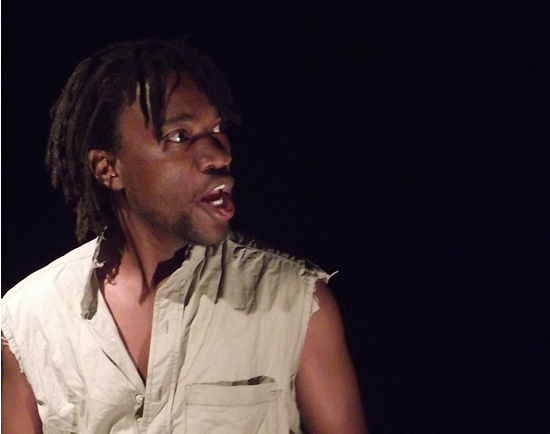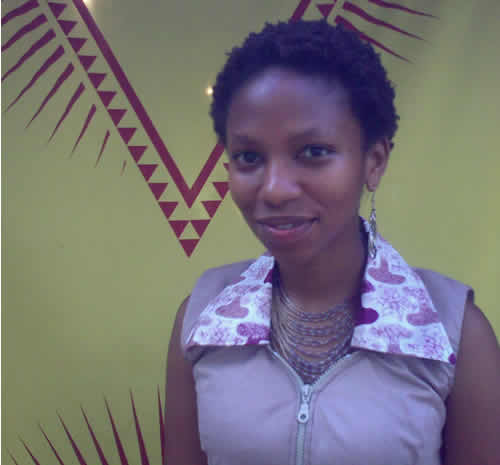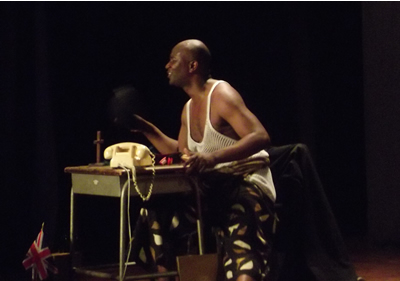HIFA 2011: Burn Mukwerekwere Burn
Friday, April 29th, 2011 by Upenyu Makoni-MuchemwaThe xenophobic violence in South Africa has grabbed headlines in South Africa. Gangs of angry young South Africans frustrated by poverty and unemployment took to the streets of townships like Kayelitsha in Cape Town brutally assaulting and killing hundreds of foreigners.
Burn Mukwerekwere Burn is the story of two Zimbabweans caught in the middle of the maelstrom. The play is at times brutal in its honesty and assessment of the reasons why there are an estimated three million Zimbabweans resident in South Africa. As they attempt to journey to safety, they reflect on the predicament they find themselves in and characters are forced to deal with their own tribal differences. Njabulo is a Shona teacher reduced to carving trinkets for foreigners to buy. Farai, is Ndebele and a trader in South Africa to restock in time for the holidays.
Written by Blessing Hungwe, featuring himself and Michael Kudakwashe, this narrative is the woven perspectives of both protagonists, trying to survive a night of horror in South Africa. Ultimately they come to understand that the things that bind them together, a love of country and life, are greater than the things that keep them apart.












